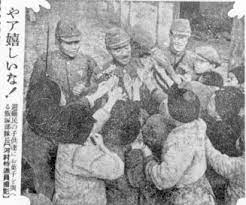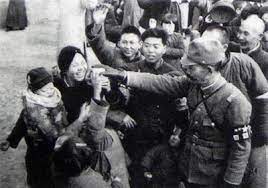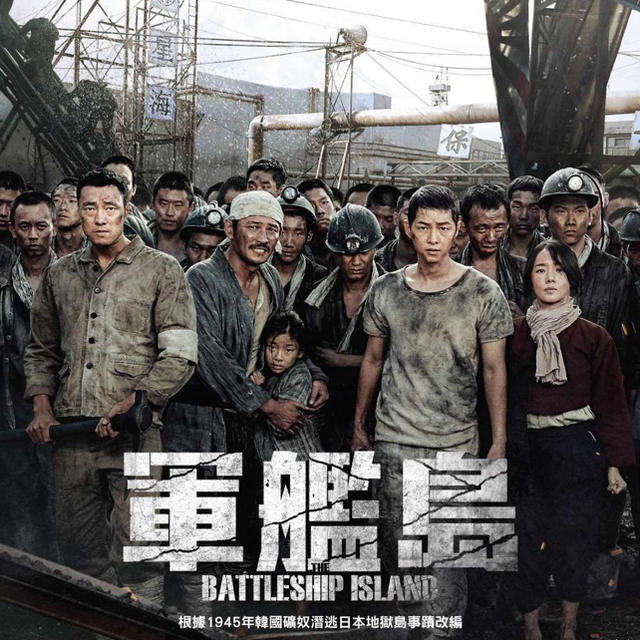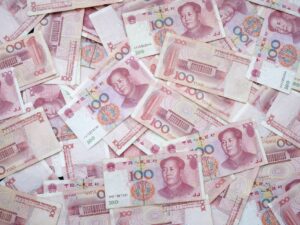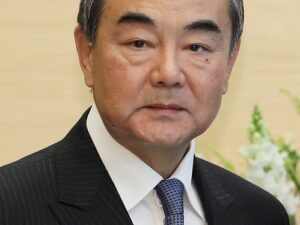In this world, which has experienced a pandemic caused by the new coronavirus, authoritarian politics has risen to the fore, while liberal politics has receded. In an age when people were supposed to become more rational, freed from ethnicity, nationalism and race, and a global society was to be realized, with social diversity and individualization to follow, why is anger and hostility being played out in the world of politics?
Political scientist Yoshida Toru suggests that one of the reasons is that the vulnerability of the governing capacity of a nation that is unable to effectively protect its citizens has been exposed to the light of day. He also says that the emergence of issues of historical awareness and the threat of terrorism is due to the collapse of the communities and powers that were established after the Second World War.
This article is an excerpt from “After Liberalism: The Politics of Anger and Hatred” by Yoshida Toru.
The nation-state is a “community of memory”
From the perspective of those who view Japan’s so-called “self-deprecating view of history” as a problem, it has long been asserted that the Second Sino-Japanese War and the Pacific War were inevitable, and there has also been much criticism of reports and textbook descriptions of the forced recruitment of military comfort women and the Nanking Massacre by the former Japanese military.
These historical revisionist movements have provoked opposition from South Korea and China, while the so-called “anti-Japanese education” and “anti-Japanese demonstrations” in these countries have provoked opposition from Japan, and the situation has become one of irreconcilable conflict. While policy issues can find solutions, historical perception issues are fundamentally value-based, so they are not easy to resolve.
Conflicts between the civil societies of East Asian countries can lead to bad relations between the leaders of those countries. Prime Minister Abe’s visit to Yasukuni Shrine at the end of 2013 led to an unprecedented situation in which no Japan-China summit talks were held for three years. Due to the Takeshima issue, no summit talks were held with South Korea for about three and a half years until March 2014.
As of August 2018, Prime Minister Abe had visited a record 76 countries as prime minister, but he was unable to make a solo visit to China or South Korea.
In 2018, the South Korean Supreme Court ruled that Japanese companies should pay compensation to former forced laborers, and the following year Japan imposed substantial export restrictions on South Korea over security issues. In response, South Korea refused to renew the General Security of Military Information Agreement (GSOMIA). The issue of historical awareness has come to spill over into security issues.
The reason why visits to Yasukuni Shrine by the prime minister and other cabinet ministers, including during the premiership of Junichiro Koizumi, have become a problem is that the shrine enshrines war criminals from the Pacific War, as well as those who died in the Sino-Japanese and Russo-Japanese Wars. The territorial disputes between Japan and China and South Korea, such as the issue of the sovereignty of the Senkaku Islands and Takeshima, are supposed to be territorial issues, but these territorial issues are not the cause, but merely the result of the issue of historical awareness.
What is fuelling the mutual hostility is the different views on history.
In his famous lecture “What is a Nation?”, the 19th century French thinker Renan said, “The essence of a nation is that all its individuals share many things in common”, when Alsace-Lorraine was forced to be ceded to Imperial Germany in the Franco-Prussian War.
To begin with, the very concept of a nation-state is something that has always contained within it various conflicts and divisions, as we can see from the Satsuma Rebellion, the American Civil War and the French Revolution. However, it is precisely because we have forgotten these facts and can guarantee the memories that we should share with each other that the nation-state has been able to reach its present state of completion.
The term “imagined community” was coined by the cultural anthropologist Benedict Anderson to refer to the nation-state, but if we rephrase this in Renan’s style, the nation-state is also an “imagined community of memory”.
Therefore, for a community, how to deal with its memory is a matter of life or death. In 2013, Japan held a ceremony to commemorate the San Francisco Peace Treaty and the restoration of its sovereignty, but the following year Russia and China agreed to commemorate the 70th anniversary of the victory over German fascism and Japanese militarism.
In 2015, China held the “70th Anniversary of the Victory of the Chinese People’s War of Resistance Against Japanese Aggression and the World Anti-Fascist War” event, inviting the leaders of developed countries (excluding Japan) and the UN Secretary-General, and appealing for the historical legitimacy of its own system, which was a natural act to maintain the “community of memory”. In 2014, China established three memorial days: the Nanjing Massacre, the victory of the Anti-Japanese War, and the commemoration of the war dead.
South Korea, which was under Japanese colonial rule, also established a memorial day to honor the victims of the comfort women in 2018, the year after the inauguration of the Moon Jae-in administration, and subsequently announced plans to create a research institute and a memorial hall related to the comfort women. As of the summer of 2017, there were only 37 surviving South Korean comfort women, but this has already become a memory of the entire community.
The Chinese and South Korean governments’ condemnation of visits to Yasukuni Shrine by Japanese prime ministers and cabinet ministers can be dismissed as “interference in internal affairs” as long as memories do not cross national borders. However, as long as memories inherently transcend time and space, the nature of the contentious issue of historical awareness differs greatly from that of the past. (To be continued)
Check the review
In the second installment, we will consider what history is in the first place. According to Yoshida, it is not so much an accumulation of facts as a “fake” that is collectively created by a specific community.
Toru Yoshida
